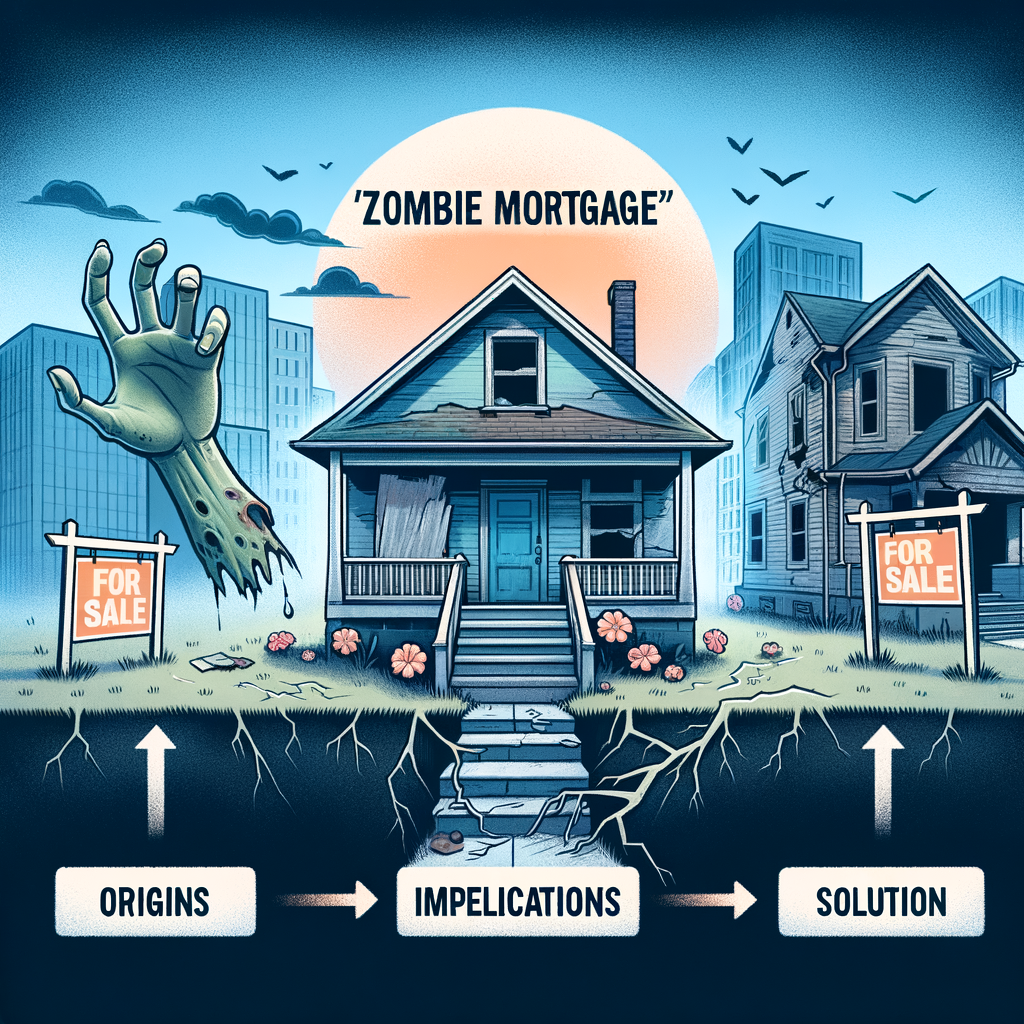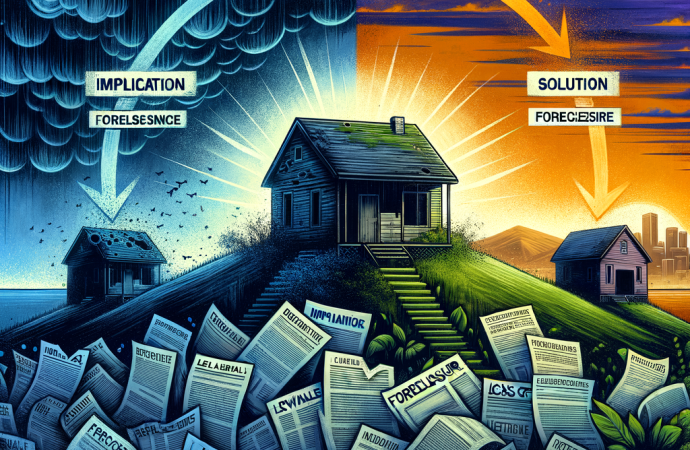Understanding the Concept of a ‘Zombie Mortgage’ In the aftermath of the financial crisis, a new term emerged in the real estate and banking sectors: the ‘Zombie Mortgage’. This term describes a situation where a homeowner abandons a property after receiving a foreclosure notice, assuming that the foreclosure process will proceed and the bank will
Understanding the Concept of a ‘Zombie Mortgage’
In the aftermath of the financial crisis, a new term emerged in the real estate and banking sectors: the ‘Zombie Mortgage’. This term describes a situation where a homeowner abandons a property after receiving a foreclosure notice, assuming that the foreclosure process will proceed and the bank will take over the property. However, if the bank does not complete the foreclosure process for various reasons, the property remains in a state of limbo with the title still in the homeowner’s name. This scenario leads to numerous legal, financial, and maintenance issues that are complex and challenging to resolve.
Origins and Causes of Zombie Mortgages
Zombie mortgages typically arise during periods of significant downturns in the real estate market, where the value of properties drastically drops, leading banks to deprioritize the completion of foreclosures on properties that are not financially beneficial to pursue. Additionally, legal complexities or procedural delays can also result in the stalling of foreclosure processes. Banks might also abandon the foreclosure process if the cost of legal fees and property maintenance exceeds the property’s value.
Implications for Homeowners
For homeowners, the implications of a zombie mortgage can be severe. Since the property title remains in their name, they are legally responsible for property taxes, fines, and complying with local housing codes, despite having vacated the property. This can lead to significant financial strain as accumulated debts from these obligations can severely impact their credit scores and future borrowing capabilities.

Picture by: Dalle 3
Legal and Financial Ramifications
From a legal perspective, zombie mortgages create a cloud on title, making it difficult to determine who exactly holds ownership of the property. This uncertainty complicates the potential sale or redevelopment of the property, thereby blighting neighborhoods and depressing property values. Financially, both banks and homeowners face potential losses; banks may lose on the initial loan and subsequent legal and maintenance costs, while homeowners might face relentless debt accumulation.
Addressing Zombie Mortgages
Resolving the issues caused by zombie mortgages requires coordinated efforts among banks, homeowners, and local governments. One approach could be for banks to expedite the foreclosure process to ensure that property titles are transferred promptly. Additionally, local governments could implement more robust monitoring systems to track foreclosure proceedings and provide assistance to those inadvertently caught in the zombie mortgage trap.
Conclusion
Zombie mortgages represent a complex challenge in the real estate market, posing significant legal and financial risks to homeowners and lenders alike. Understanding the implications of these mortgages is crucial for anyone involved in the housing industry, from buyers and sellers to realtors and legal professionals. Effective resolution of zombie mortgages is essential to stabilize and improve the health of real estate markets, ensuring that properties are properly maintained and appropriately transitioned to new ownership.
















